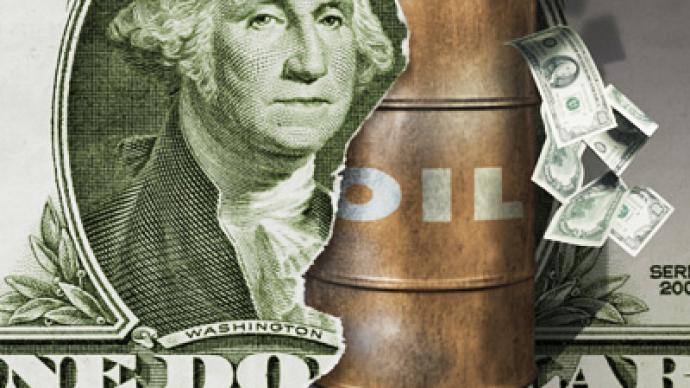60-66 oil regime: Who skims the cream?

Ministry of Energy proposals regarding changes in export duties for oil and oil products (the so-called '60-66 regime') were approved yesterday at a meeting of industry representatives with Russian Vice Premier Igor Sechin.
The Ministry of Energy is suggesting a decrease in the marginal export tax rate for crude oil from 65% to 60%. The export duty on the oil product basket is planned to be unified at 66%. The current export duty on light oil products is fixed at 70.7% and on dark oil products at 38.1%. The new tax regime could be introduced starting from March this year. For every 500 million tons of crude oil only half is processed into oil products. Out of a total processed 250 million tons about 100 million tons of oil products are distributed domestically while 150 million tons are exported. Over 90 million tons of processed oil accounts for export of heavy petroleum products and low-quality diesel fuel remaining after the saturation of the domestic market with gasoline and kerosene. Profitability is largely ensured by the relatively low duties on petroleum products said Artem Konchin, Oil & Gas analyst at Unicredit Securities. “Today, it looks to be profitable for oil companies to sell oil on the local market rather than on export markets on the back of high export duties. Export of oil products however brings companies more profits than sale domestically.”Maxim Moshkov, analyst Oil & gas at UBS says the new tax regime could be positive for the oil industry but not for the federal budget and less for the refinery sector.“It would be positive for the Russian oil industry as a whole. The new tax regime could increase companies' EBITDA by 15-20%, we estimate. On a company-by-company basis, the biggest positive effect would be enjoyed by companies that are currently less exposed to refining—Tatneft and Surgutneftegaz in our view. Lukoil and Rosneft as well as Gazprom Neft and Bashneft would gain less, but, importantly, would not be losers. However, we expect these proposals to be strongly opposed by the Ministry of Finance as the new tax regime could bring the federal budget a loss of about US$7 billion.” Experts warn the measures could mean lower amounts of light oil products on the local market, and a jump in fuel prices. Managing Director IHS CERA Sergey Vakulenko says that a slash of export duties on crude oil will not lead to a drop in budget revenues“Any budget losses are expected to be covered by an increase in oil export volumes. But at the same time, the new tax regime would reduce oil refineries – about 20-30 million tones per year. Overall reduction in refining can reach 50 million tons per year (approximately 20% of the total), however crude oil exports will increase respectively.”The 60-66 regime is aimed at increasing investments in deep refining technology, step by step, focusing on gradual changes which can result in an increased local price for fuel, explained Konchinov “The share of heavy oil products export is the largest among the whole oil products export due to small export duties and less processing expenditure. The ministry proposed to unify export duties to increase the attractiveness of light oil product refining and investing in technological base for advanced processing. Nevertheless, this move is not very welcomed by the companies having heavy oil as a major product for export. Additionally, with petrol prices having already jumped following the new excise duty, the local consumers will face prices growing more after a new regime will come into force”The new taxation still pending approval from The Ministry of Finance














